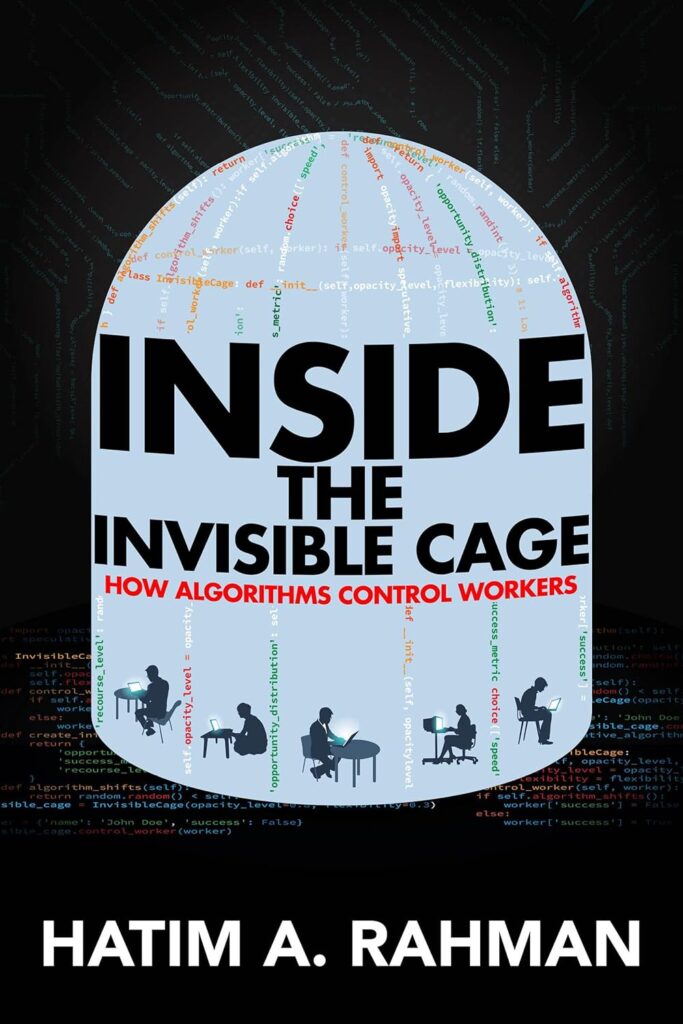
As the pendulum swings back from four decades of neoliberal dominance, the reissue of “Recapitalizing America” remains a prescient critique of the corporate-driven transformation that reshaped American policy, society, and global capitalism.
In the early 1980s, U.S. policy prescriptions underwent a dramatic shift. The government slashed taxes on corporations and the wealthy, deregulated key industries, and curtailed protections for workers. This agenda—now broadly recognized as neoliberalism—promised prosperity through free markets and small government. Instead, it unleashed soaring inequality, stagnant wages, financial speculation, and the globalization of production.
In Recapitalizing America, originally published in 1983, S.M.Miller and I warned that these changes would fail to rejuvenate domestic manufacturing or boost productivity as promised. Instead, we predicted—with startling accuracy—a future of corporate power, financialized economies, and weakened public institutions. Today, as economic nationalism resurges and policymakers reconsider the limits of market-based governance, this early critique remains relevant, not only for economic historians but as a model of critical engaged social science.
Continue Reading…








